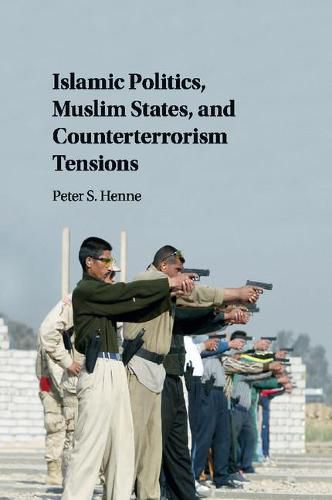Readings Newsletter
Become a Readings Member to make your shopping experience even easier.
Sign in or sign up for free!
You’re not far away from qualifying for FREE standard shipping within Australia
You’ve qualified for FREE standard shipping within Australia
The cart is loading…






The US Global War on Terror and earlier US counterterrorism efforts prompted a variety of responses from Muslim states despite widespread Islamic opposition. Some cooperated extensively, some balked at US policy priorities, and others vacillated between these extremes. This book explains how differing religion-state relationships, regimes’ political calculations, and Islamic politics combined to produce patterns of tensions and cooperation between the United States and Muslim states over counterterrorism, using rigorous quantitative analysis and case studies of Pakistan, the United Arab Emirates, and Turkey. The book combines recent advances in the study of political institutions with work on religion and politics to advance a novel theory of religion and international relations that will be of value to anyone studying religion, terrorism, or Islamic politics. It also provides numerous insights into current events in the Middle East by extending its analysis to the Arab Spring and the rise of the Islamic State.
$9.00 standard shipping within Australia
FREE standard shipping within Australia for orders over $100.00
Express & International shipping calculated at checkout
The US Global War on Terror and earlier US counterterrorism efforts prompted a variety of responses from Muslim states despite widespread Islamic opposition. Some cooperated extensively, some balked at US policy priorities, and others vacillated between these extremes. This book explains how differing religion-state relationships, regimes’ political calculations, and Islamic politics combined to produce patterns of tensions and cooperation between the United States and Muslim states over counterterrorism, using rigorous quantitative analysis and case studies of Pakistan, the United Arab Emirates, and Turkey. The book combines recent advances in the study of political institutions with work on religion and politics to advance a novel theory of religion and international relations that will be of value to anyone studying religion, terrorism, or Islamic politics. It also provides numerous insights into current events in the Middle East by extending its analysis to the Arab Spring and the rise of the Islamic State.